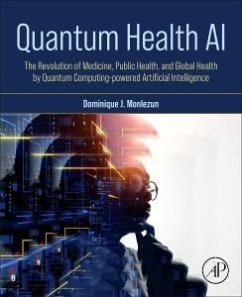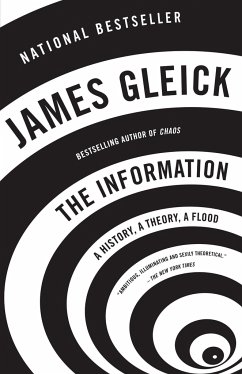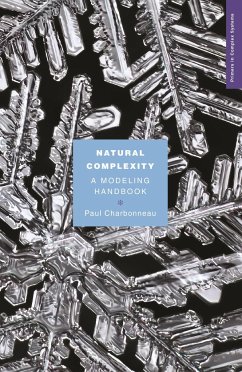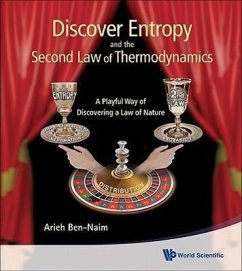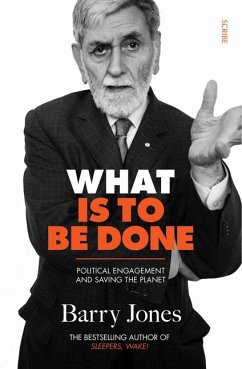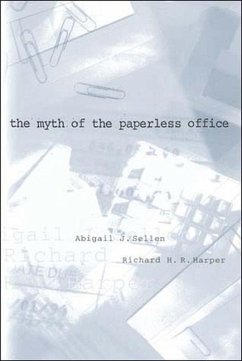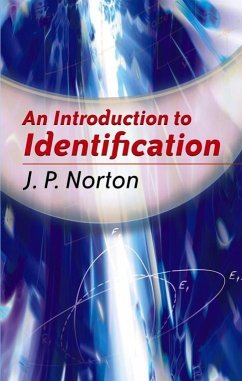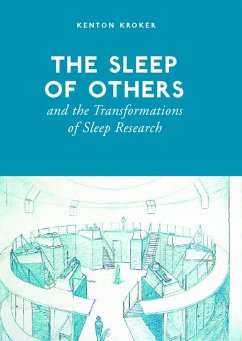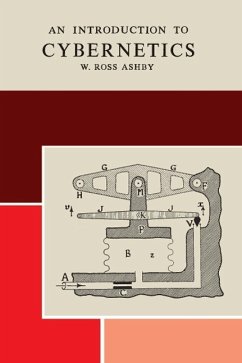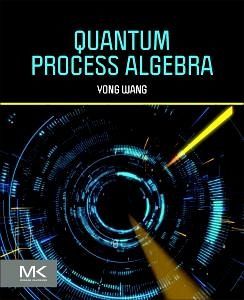
Quantum Process Algebra

PAYBACK Punkte
110 °P sammeln!
Quantum Process Algebra introduces readers to the algebraic properties and laws for quantum computing. The book provides readers with all aspects of algebraic theory for quantum computing, including the basis of semantics and axiomatization for quantum computing. With the assumption of a quantum system, readers will learn to solve the modeling of the three main components in a quantum system: the unitary operator, quantum measurement, and quantum entanglement, with full support of quantum and classical computing in closed systems. Next, the book establishes the relationship between probabilist...
Quantum Process Algebra introduces readers to the algebraic properties and laws for quantum computing. The book provides readers with all aspects of algebraic theory for quantum computing, including the basis of semantics and axiomatization for quantum computing. With the assumption of a quantum system, readers will learn to solve the modeling of the three main components in a quantum system: the unitary operator, quantum measurement, and quantum entanglement, with full support of quantum and classical computing in closed systems. Next, the book establishes the relationship between probabilistic quantum bisimilarity and classical probabilistic bisimilarity, including strong probabilistic bisimilarity and weak probabilistic bisimilarity, which makes an axiomatization of quantum processes possible. With this framework, quantum and classical computing mixed processes are unified with the same structured operational semantics. Finally, the book establishes a series of axiomatizations of quantum process algebras. These process algebras support nearly all the main computation properties. Quantum and classical computing in closed quantum systems are unified with the same equational logic and the same structured operational semantics under the framework of ACP-like probabilistic process algebra. This unification means that the mathematics in the book can be used widely for verification of quantum and classical computing mixed systems, for example, most quantum communication protocols. ACP-like axiomatization also inherits the advantages of ACP, for example, and modularity means that it can be extended in an elegant way.




